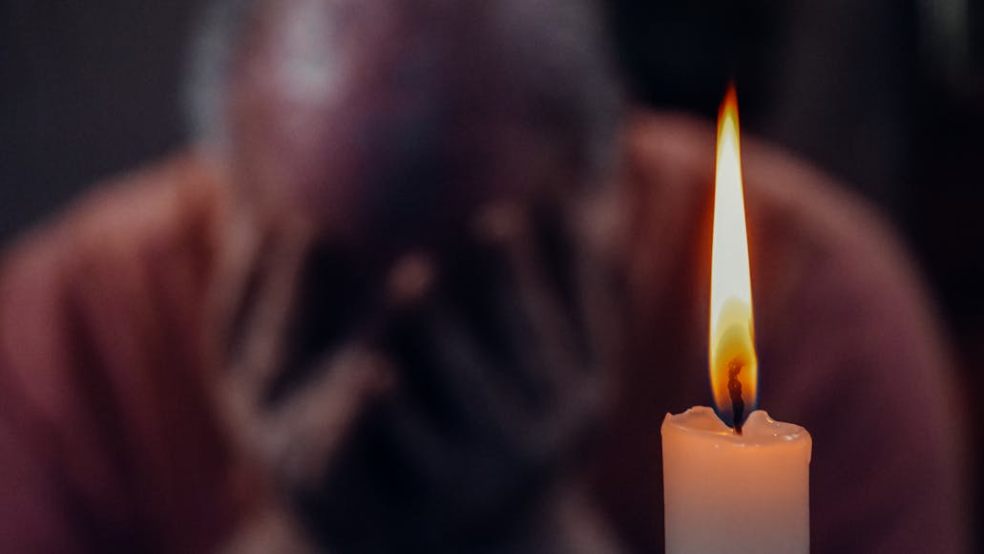
How to Cope with the Loss of a Loved One and Where to Find Support
Losing someone close to you is one of life’s most difficult experiences. The weight of grief can feel overwhelming, and navigating through the emotional maze that follows often leaves you uncertain of what to do next.
The shock and sadness in the immediate aftermath or the quiet, gnawing ache lingers in the days, weeks, and months that follow.
Planning funerals or seeking advice from local services like funeral directors in Bury St Edmunds can give you a starting point, as well as an understanding of how to move through grief day by day.
Coping Day to Day
Grief isn’t a linear process, and it doesn’t work on a clock. It is something that comes in waves, meaning you may feel fine one moment and devastated the next. On a practical level, focusing on small, manageable tasks can help ground you when everything seems too much.
You may find that maintaining some of your regular routines brings a sense of normalcy. Whether it’s a morning walk, a cup of tea in a familiar chair, or taking a few minutes to read a book you’ve always enjoyed, these simple actions can help you feel more tethered to the present.
Sometimes, it’s tempting to avoid reminders of the person you’ve lost, but avoiding triggers may just deepen the sense of emptiness. Instead, consider creating new memories in the places where you once shared moments with them. That way, you’re honouring both the past and the present.
Reach out to Family/Friends
Close friends or family members can offer the kind of support that grounds you. Remember, it's okay to lean on others. You don’t need to go through this alone.
It’s important to recognise that everyone grieves differently, so be open to different ways of receiving support. Someone might not have the right words to say, but they may offer a silent hug that carries a world of comfort. Similarly, don't shy away from letting them know what you need. If you’d prefer a quiet walk, let them know. If you want to talk, ask for a conversation.
External Support
Consider reaching out to grief support groups if you’re struggling after the loss of a loved one. These groups provide a space where you can connect with others who are going through similar experiences. These groups often meet regularly and can offer a sense of community where you don't feel so alone.
Professional support is another option. A therapist trained in grief can guide you through the tough moments and help you find ways to navigate the ups and downs of your emotional journey. Often, just having someone listen and acknowledge your pain can lighten the load significantly.
Moving Forward Without 'Moving On'
One of the greatest misconceptions about grief is that it should eventually "end" or that you should "move on." In truth, grieving doesn’t have a clear endpoint. Instead of focusing on the idea of "moving on," think of it as finding ways to move forward. Over time, your grief may evolve into a quieter sadness or a sense of acceptance, but that doesn’t mean you stop missing or loving the person you lost.
Ultimately, healing comes in waves. You’ll never forget your loved one, but with time and support, you will find ways to live alongside the grief, carrying both the weight of loss and the warmth of cherished memories.













